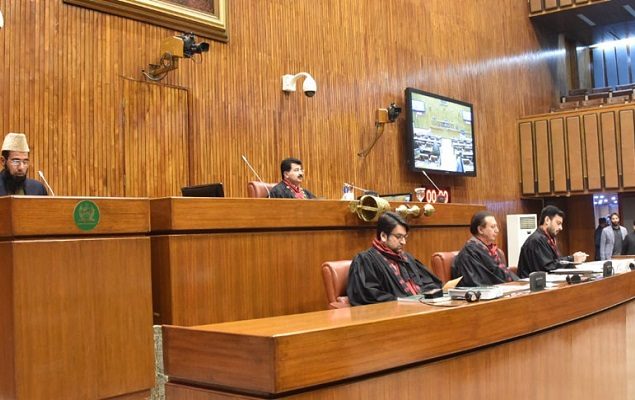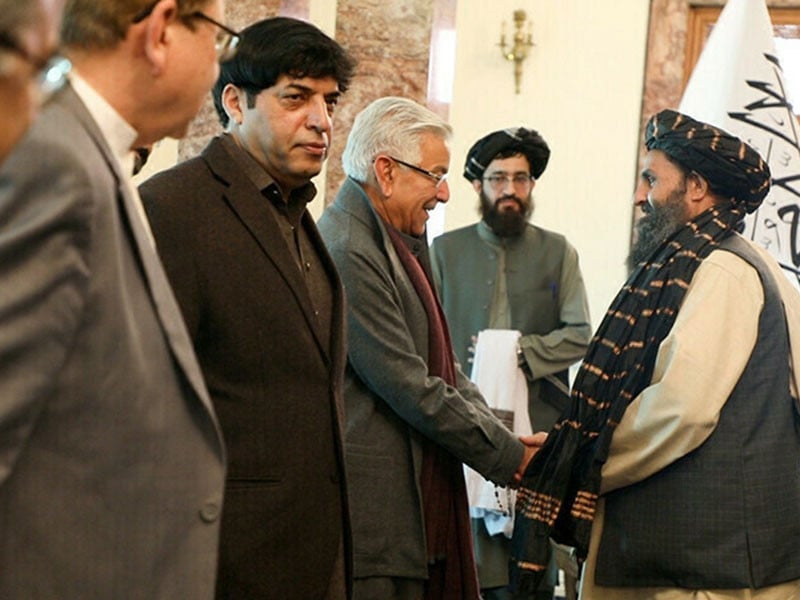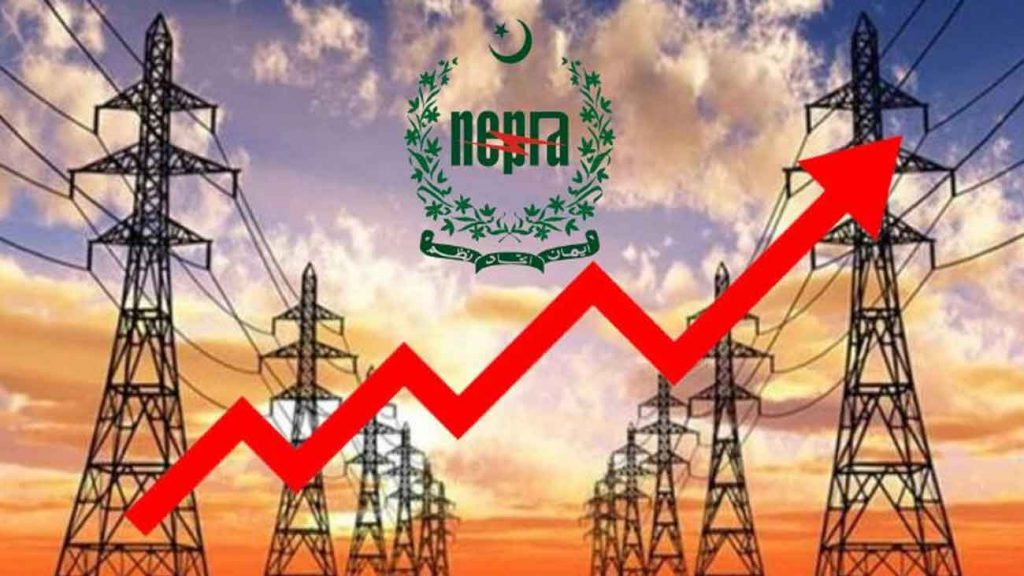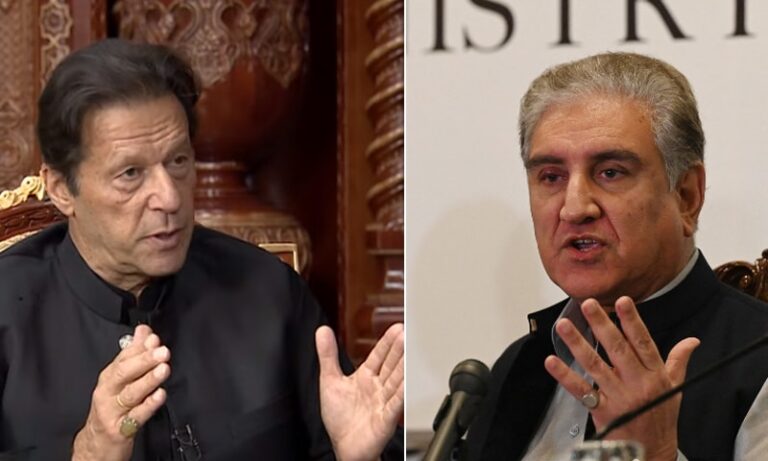Editorial
Independent Senator Dilawar Khan’s letter to Senate Chairman Sadiq Sanjrani requesting the postponement of February 8th elections raises several critical points. While his concerns warrant consideration, the overall context and response from the ECP paint a complex picture:
Arguments for Delay:
- Non-binding resolution: Khan highlights the Senate resolution advocating for delay due to security and weather concerns. This, though non-binding, suggests legislative anxieties about holding elections in winter.
- BAP and PPP support: While mainstream parties opposed the resolution, its support from Balochistan Awami Party and PPP dissenters like Bahramand Tangi indicates specific regional and internal concerns.
- ECP inaction: Khan’s main criticism is the ECP’s seemingly dismissive response, not addressing the resolution’s concerns and reiterating commitment to February 8th.
Arguments against Delay:
- Constitutional concerns: Opponents argue delaying elections violates constitutional requirements and sets a dangerous precedent. The ECP letter echoes this, emphasizing past winter elections and commitment to the Supreme Court.
- Political motives: Critics, including Information Minister Solangi, view the delay request as politically motivated, potentially benefiting specific parties. The timing after Khan’s party faced ticket allocation issues further fuels suspicions.
- Logistical challenges: The ECP argues that postponing elections at this stage would be impractical and disrupt extensive arrangements already made.
Critical Points:
- Transparency and communication: Both sides lack transparency. The ECP’s reasoning for dismissing the concerns needs better articulation. Khan’s claims of regional anxieties also require specific evidence.
- Addressing specific concerns: While a blanket delay might be impractical, focusing on addressing specific security and weather challenges in certain regions could be a viable alternative.
- Constitutional and legal considerations: Ultimately, the Supreme Court may need to intervene to adjudicate the constitutional implications of any delay or special arrangements for particular regions.
Dilawar Khan raises valid concerns, but the request for a blanket delay faces strong counter-arguments. Open communication, addressing specific regional concerns, and respecting legal boundaries are crucial in navigating this complex situation. The onus lies on all parties to prioritize free and fair elections while addressing legitimate anxieties with transparency and due process.
Please, subscribe to the YouTube channel of republicpolicy.com

















































